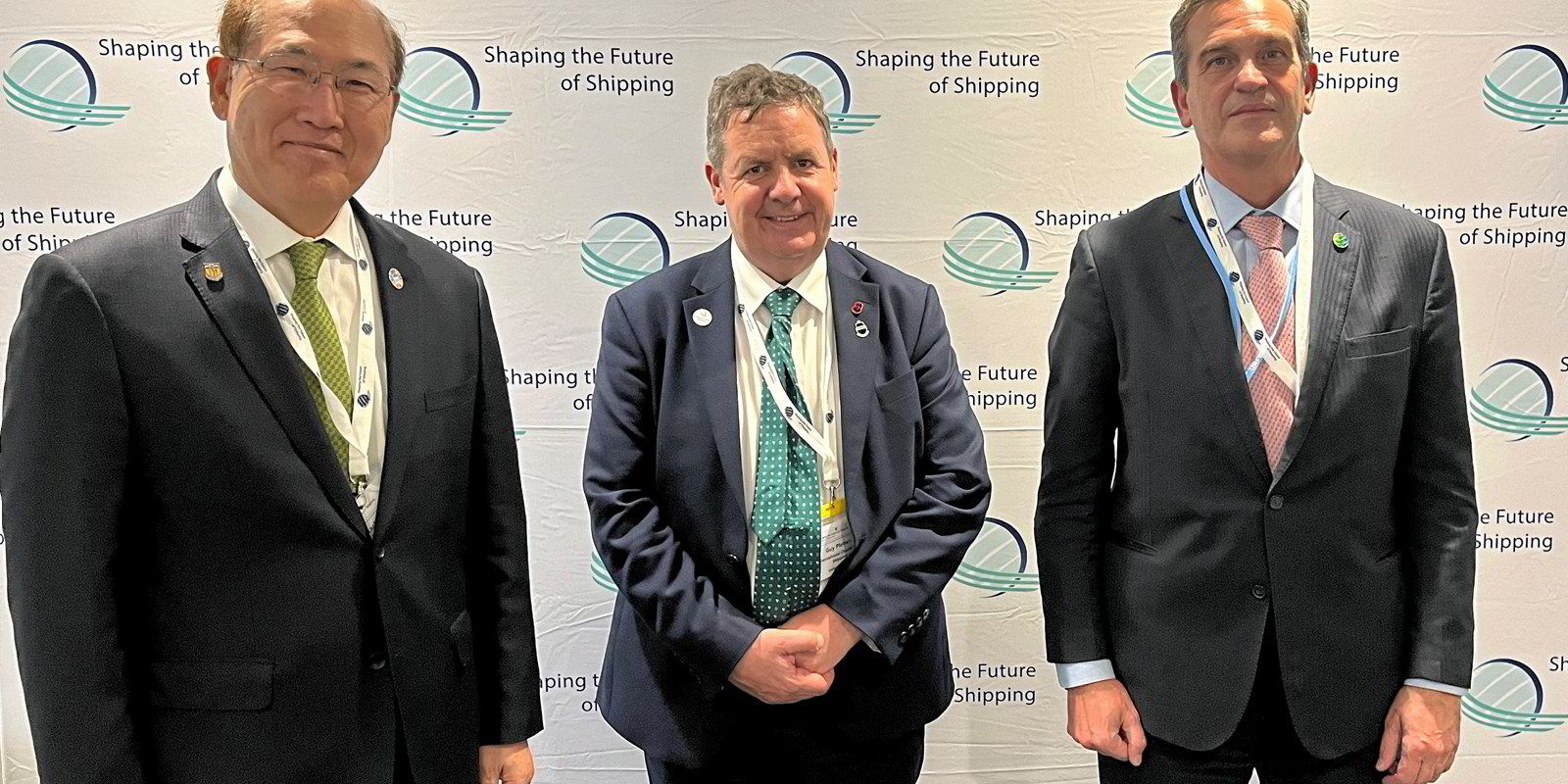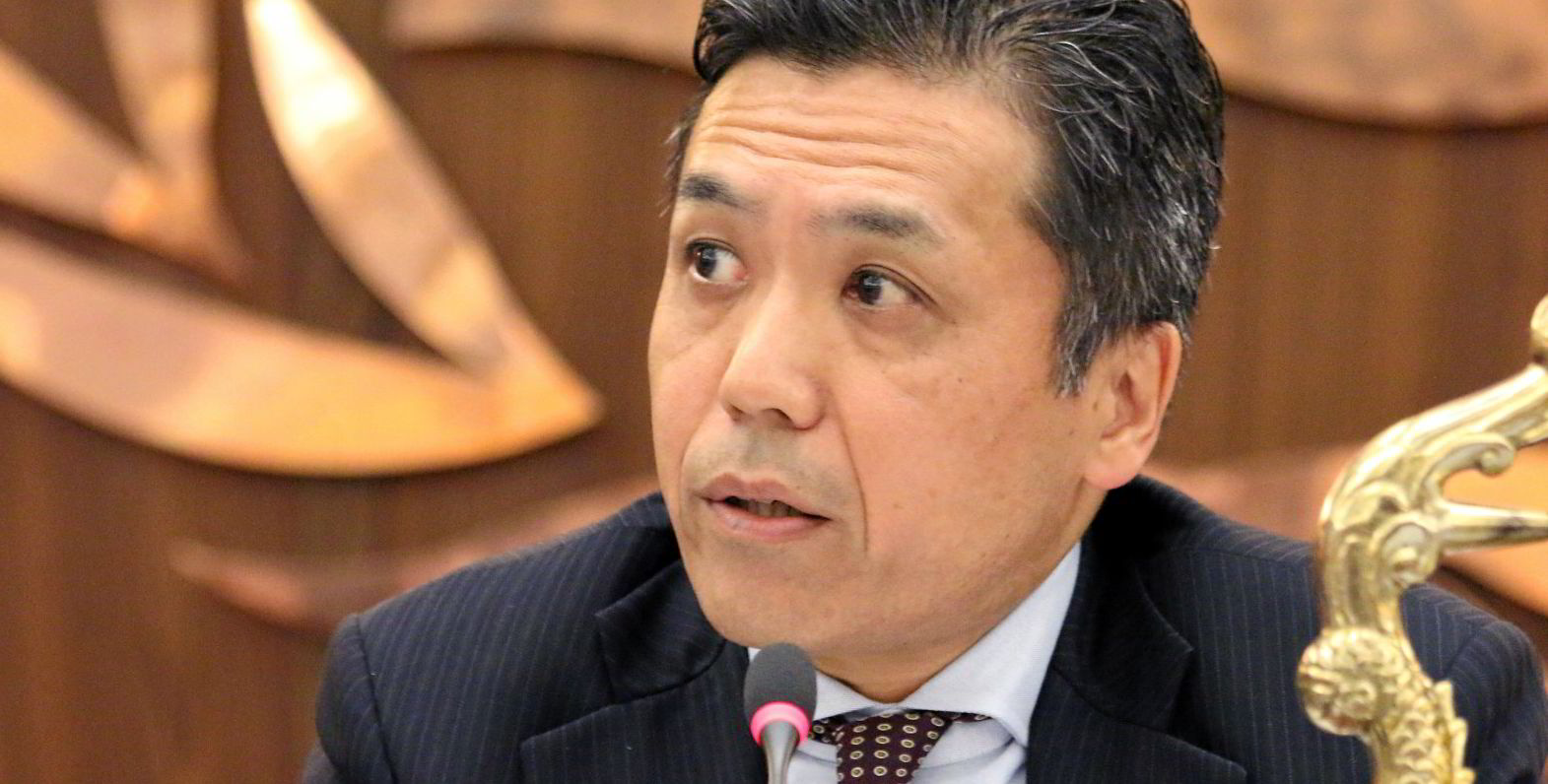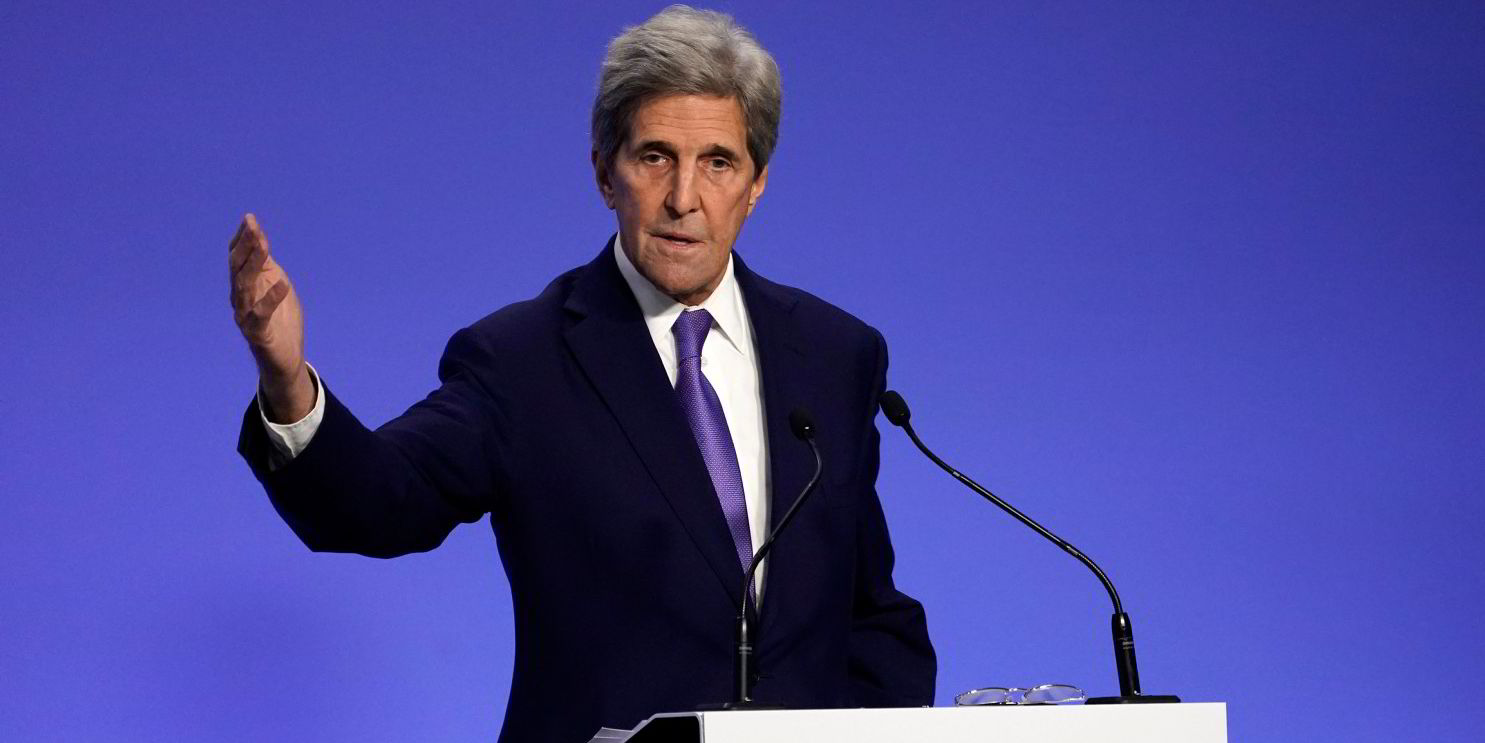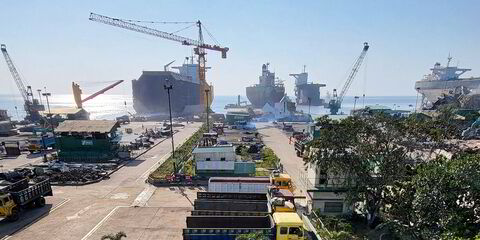The International Maritime Organization has sent a proposal for an annual $5bn technology research and development (R&D) fund to decarbonise shipping for further review.
Marine Environment Protection Committee (MEPC) chairman Hideaki Saito said the industry-backed proposal should be looked at again by next year's Intersessional Working Group on the Reduction of Greenhouse Gas (GHG) Emissions from Ships.
The idea to establish an International Maritime Research Fund (IMRF), from a $2-per-tonne levy on fuel, will now be packaged together with a number of other proposed market-based measures.
Also on the table at the IMO are proposals for a carbon emission levy, and a cap and trade system for emissions.
The market-based measures will be considered at next year's Intersessional Working Group as part of the IMO's phase one and phase two working plan for reducing shipping GHG emissions.
That means the IMRF proposal will not come up for consideration for adoption again until the spring at the earliest.
While acknowledging there is a lot of government support for the proposal, Saito pointed out that many IMO member states continue to voice concerns that need to be addressed.
During the MEPC meeting, worries were raised over the governance and revenue allocation of the proposed IMRF.
Some countries questioned whether knowledge from the fund would be fairly distributed among developed and developing nations.
The issue of intellectual property rights was also discussed, and whether small island developing states and least developed states would be financially disadvantaged by the scheme.
There is also a question mark over how the IMRF would fit in with the adoption of other market-based measures that are under consideration.
The International Chamber of Shipping (ICS) originally came up with the idea of the IMRF.
ICS director of policy Simon Bennett told the MEPC meeting that agreeing on the establishment of the IMRF would come at no cost to governments and is a matter of "political will".
The fund offers the "best immediate chance to reach zero emissions within the existing time lines", he said.
Bennett warned that failure to adopt the measures might mean the existing IMO target to halve shipping emissions by 2050 will no longer be possible.
He said that ICS submissions to the IMO had already addressed many of the concerns raised by some countries and he believes "none of the issues are insurmountable".







